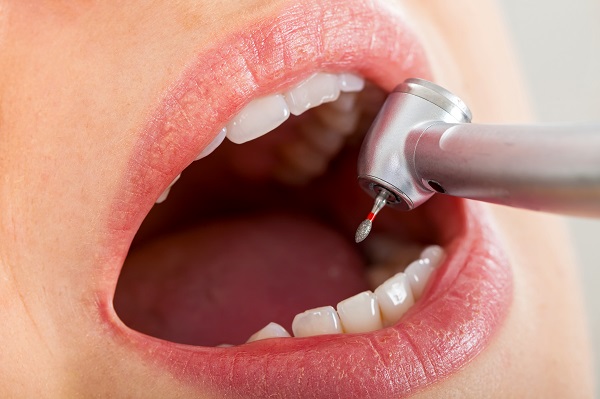A Step-by-step Guide to Having a Root Canal

A root canal is a restorative procedure that can save a tooth from severe infection. If you are experiencing extreme pain in your mouth, you may need this treatment. This is no process to dread despite what you have heard about it. Your dentist will take great care to make you feel at ease. Do not put off speaking to your dentist about repairing your teeth. This endodontic procedure can be effective at cleaning out your affected tooth and making your mouth healthy once more.
When people need a root canal
Underneath a tooth’s layer of enamel and dentin is a chamber known as the pulp. Inside this are blood vessels, nerve endings and connective tissue that nourish the tooth. When these two layers wear away, the pulp becomes prone to infection. Without proper and fast action, the bacteria can spread throughout the tooth and to the neighboring tooth as well. Eventually, a person’s face could swell, leading to more significant health problems. In this endodontic treatment, the dentist removes the infection and decay, making the tooth whole once more.
Evaluation
Most people who need this procedure begin feeling intense pains in their mouth and notice swollen tender gums. There may be some sensitivity to hot or cold. Other patients have a chipped or fractured tooth. When a person has these symptoms, there should be an immediate call to the dentist. At the dentist’s office, the following will occur:
- The dentist will ask the patient additional questions about their symptoms
- The dentist will examine the patient’s mouth
- The dentist will take X-rays
Cleaning
In the most serious circumstances, the dentist may perform the root canal right after the exam. Sometimes, the dentist will prefer to set up another appointment and invite the patient back a few days or weeks later. In the following step, the dentist will drill into the patient’s tooth down to the pulp. The root canal professional then removes the pulp and clears out any infection and decay. There will be an injection of medication to kill the remaining bacteria.
Sealing the tooth
Once the tooth has no more infection, the dentist will close it up. If the tooth is broken or damaged in any other way, the dentist will put a crown or cap on top. The cap will be the same color as the tooth and will closely resemble surrounding teeth. This often happens at a subsequent appointment once any soreness has worn off. The dentist will then follow up with the patient in the days and weeks following the procedure to make sure the tooth is feeling good.
Time to see the dentist
Watch carefully for the signs of tooth infection. If your pulp has these issues, you need to act fast and let your dentist know. The longer you wait, the more likely further health issues could develop. In a couple of appointments, your dentist can provide an effective solution to this condition and mend your ailing tooth. Speak to the dental staff today so you can take care of this painful situation.
Request an appointment here: https://beautifulmouth.com or call Beautiful Smile, LLC at (856) 632-1728 for an appointment in our Gibbsboro office.
Check out what others are saying about our dental services on Yelp: Root Canal Treatment in Gibbsboro, NJ.
Recent Posts
A root canal procedure is a type of dental treatment in which they remove the infected or decayed pulp in the root of a tooth to prevent the spread of an infection and preserve the long-term health of the tooth. It is helpful to understand the process dentists use during a root canal procedure to…
A preventative dentistry question people commonly have is, "what stains teeth the most?" We will look at some of the foods and beverages that are teeth staining to help you avoid these and keep a white smile longer. There are lots of different foods that can stain teeth. Some are well known and obvious. Blueberries, for…
Knowing when to seek emergency dental care can be tricky. While many dental issues are extremely time sensitive, others can be left for months with little risk.Some tooth problems, like cavities, are slow to change. If there is no pain and the dental issue is not the result of trauma, usually treatment can wait until…
You can have an emergency dental visit with your general dentist. Knowing when you may need urgent dental care will prevent the dental problem from worsening. It will also relieve your pain and discomfort. If you want to know if you may need an emergency dental visit, here are the signs to watch out for.Persistent…


